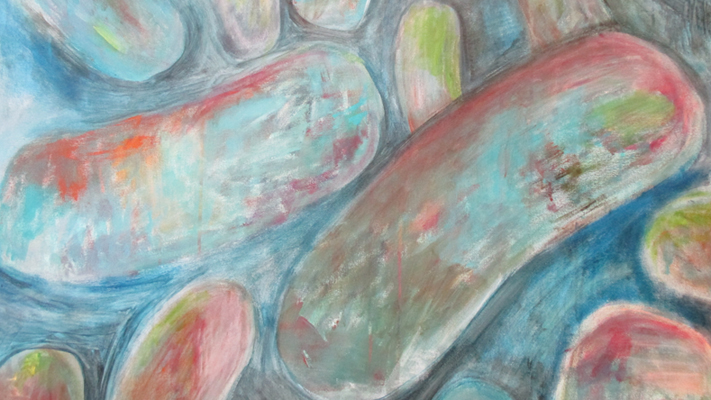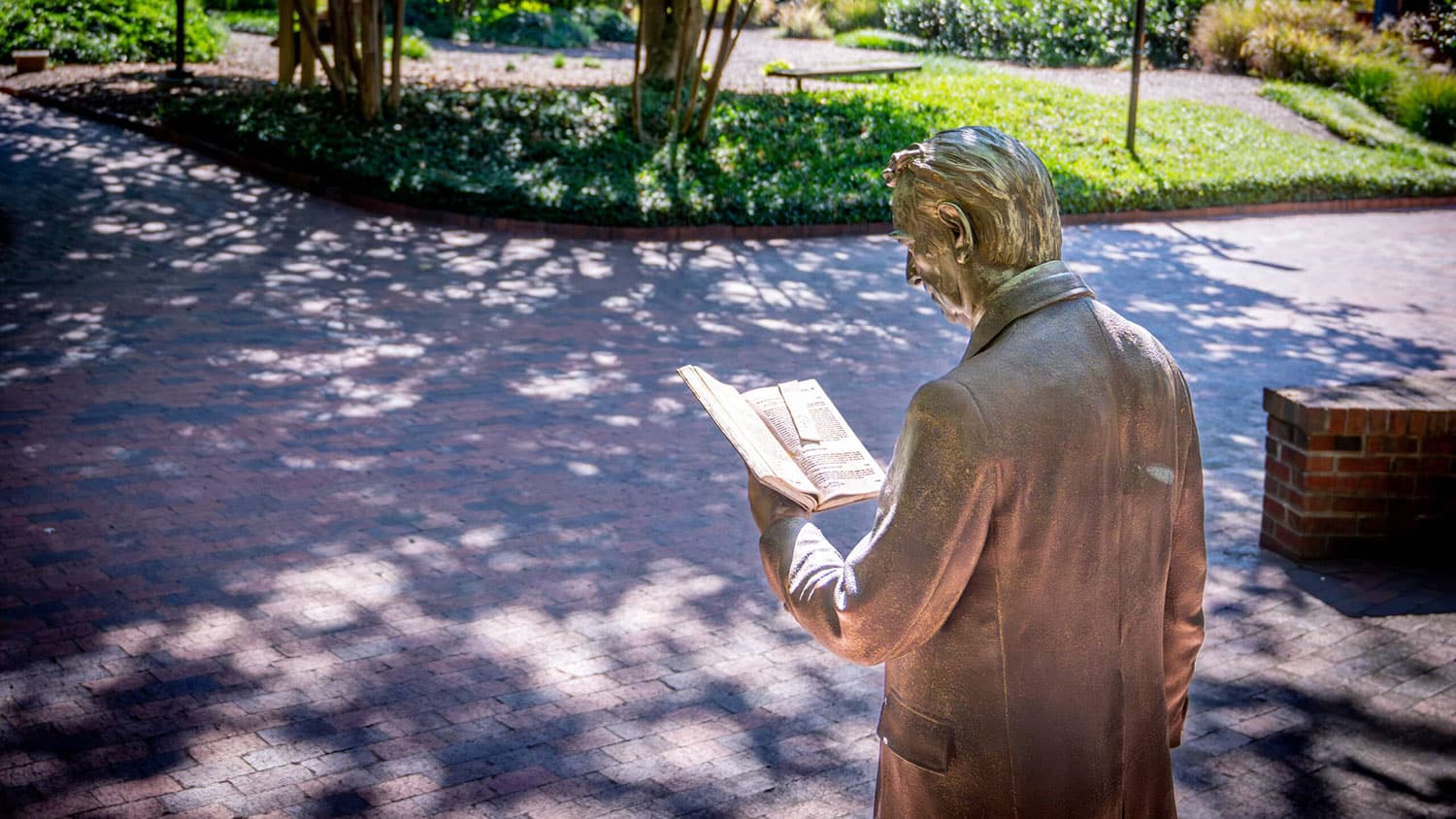Podcast: C. diff


Clostridioides difficile is a nasty little microbe that disrupts the gut microbiota and is hard to get rid of once it gets a foothold. Casey Theriot is an associate professor of infectious disease here at NC State. She’s here to talk about how C. diff does what it does and what researchers are doing to stop it.
A healthy gut really is key to healthy living – the gut microbiota not only ensures that you get the appropriate nutrients from the food you eat, it also primes the immune response, wards off infectious agents, and provides resistance against colonizing pathogens like C. diff.
“Normally we have a healthy, stable gut microbiota, bacteria producing certain metabolites, everything working pretty well,” Theriot says. “And then you take an antibiotic for bacterial infection and it will alter the community or the bacteria that are present. And this lowers colonization resistance to where a pathogen like C. diff can actually then colonize and take a foothold in the gut.”
There are 500,000 cases of C. difficile infection per year in the U.S., and about 29,000 deaths per year, based on CDC estimates.
In a normal, healthy gut, germinating C. diff spores can be kept in check by bile acids and outcompeted for nutrients. But in a gut altered by antibiotic use, Theriot says, the spore will still germinate in the small intestine, but as it makes its way to the colon or the large bowel, it can grow because it has both nutrients and decreased competition.
“So it grows to high level cell density, and then it produces toxin,” Theriot says. “And the toxin is actually what mediates disease, causes severe inflammation, can cause colitis, causes diarrhea – a range of clinical disease.”
A fecal microbiota transplant is exactly what it sounds like: you’re looking for a healthy donor stool and you’re hoping that it has a normal gut microbiota or fecal microbiota present. And the healthy microbiota stool or sample is infused via colonoscopy into a recipient that has recurrent C. difficile infection.
Around 30% of patients get recurrent C. diff infections. For those patients, fecal microbiota transplants can be a lifesaver, literally. An FMT, as its called, is effective in 80% to 90% of cases. But there can be side effects, so researchers are looking at ways to get the benefits of replacing the microbiota without using fecal transplantation.
Some of these potential treatments include new targeted antibiotics, monoclonal antibodies, or even identifying “good” gut bacteria and replenishing those.
“This area of study is fascinating and every day you’re learning new things,” Theriot says. “You’re also learning how much more you have to learn. I’ll be busy for the next 30 years doing research.”


